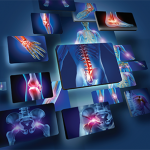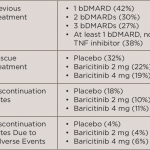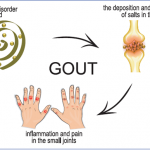Bone health in general, and osteoporosis in particular, is among the most common conditions seen in rheumatology practices. The ACR recently joined the National Bone Health Alliance (NBHA) to reach out to other stakeholders. “In 2004, the Surgeon General of the United States published a report on osteoporosis that discussed in depth the gaps in…



